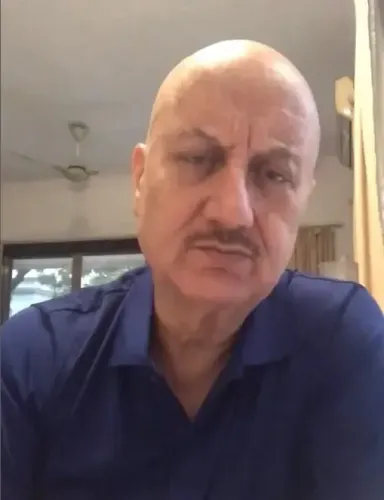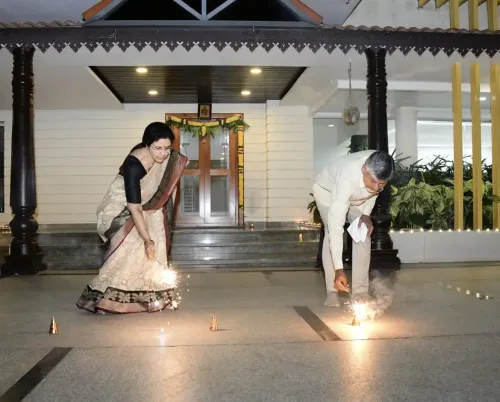Why Did the Calcutta HC Uphold the Decision Against 'Tainted' Candidates?

Synopsis
Key Takeaways
- The Calcutta High Court upheld the decision against 'tainted' candidates.
- 1,806 candidates were classified as 'tainted' due to unethical hiring practices.
- Further appeals can only be made to the Supreme Court.
- The ruling emphasizes maintaining integrity in educational recruitment.
- Public trust in educational institutions is critical.
Kolkata, Sep 4 (NationPress) The Calcutta High Court reaffirmed a prior ruling from its single-judge bench on Thursday, which had rejected the petition from 'tainted and ineligible' candidates of the West Bengal School Service Commission (WBSSC). These candidates sought to be included in the upcoming recruitment process for school teachers in the state.
Recently, the WBSSC disclosed a list comprising 1,806 'tainted' individuals who were categorized as such due to securing positions through illicit means, including cash payments, thus rendering them 'ineligible' for future hiring.
In the previous week, a portion of these 'tainted' candidates petitioned the Calcutta High Court's single-judge bench, presided by Justice Saugata Bhattacharyya, for the opportunity to take part in the new recruitment examination.
However, Justice Bhattacharyya’s bench dismissed the petition, choosing not to interfere with the WBSSC's list of 'tainted and ineligible' candidates that was published recently.
The court highlighted that this was not an appropriate case for intervening in the WBSSC's published list and questioned the whereabouts of the petitioners, termed as 'tainted ineligibles', during the entire process.
Subsequently, the same group of 'tainted' candidates approached the Calcutta High Court's division bench, comprising Justice Tapabrata Chakraborty and Justice Reetobrata Kumar Mitra, to contest the decision made by the single-judge bench.
Representing the 'tainted' candidates, senior lawyers, including four-time Trinamool Congress Lok Sabha member Kalyan Banerjee, argued that there were errors in the classification of 'tainted' and 'untainted' candidates.
The division bench remarked that despite any mistakes, it was puzzling how the WBSSC officials managed to retain their positions.
Ultimately, the division bench rejected the petition and reaffirmed the single-judge bench’s ruling. The bench noted that with the Supreme Court having provided clear directives regarding 'tainted' candidates, there was no room for further discussion on this matter.
“There is no such opportunity. If you wish to explain, you must approach the Supreme Court again,” remarked Justice Chakraborty.









